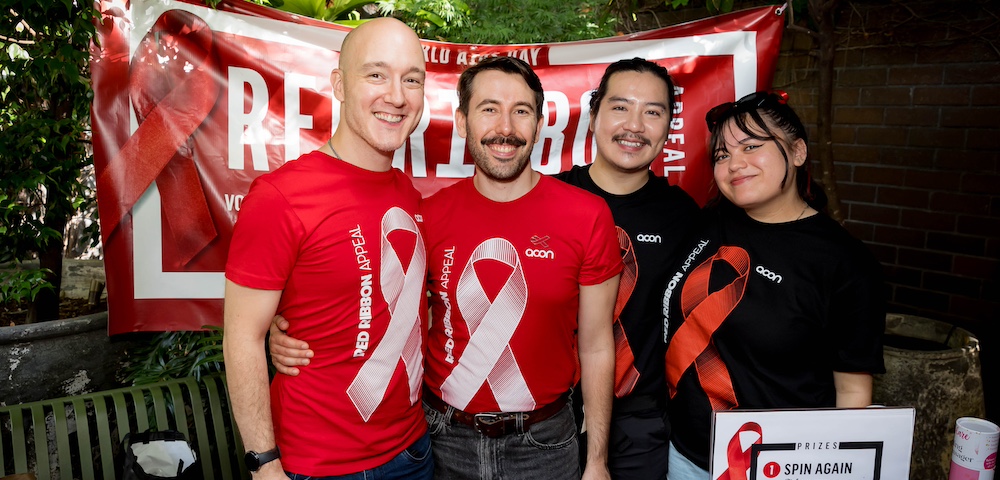
HIV vaccine trial disappoints
Early results from an Australian HIV vaccine trial are disappointing, researchers claim.
Researchers had hoped the 12-month trial would show the vaccine produced immune responses in most of the participants. Instead, only a small number demonstrated such a response in the first three months.
We hoped the vaccine would produce significant immune responses in a majority of vaccine recipients. When immune responses in the group of vaccine recipients are compared to those on the placebo, we see no significant differences, Associate Professor Sean Emery of the National Centre in HIV Epidemiology and Clinical Research said.
Dr Emery said despite the results, some positive evidence had come out of the trial. The small number of participants who had demonstrated a low-level immune response meant there was justification for further trials, he said.
While an AIDS vaccine was a high priority in the global fight to stop the spread of HIV/AIDS, progress on developing a vaccine was frustratingly slow, he said.
Testing experimental vaccines in humans is a critical step in their development, Dr Emery said.
Our interim results help us determine the next stages in development for these vaccine candidates.
The study has been conducted by the Australian/Thai HIV Vaccine Consortium. The 24 healthy, HIV-negative participants have been given either a placebo or the Australian-designed vaccine to test both the vaccine’s safety and its effect on immune response.
Early results showed the vaccine was safe. Volunteer participants have been asked to continue taking part in the trial to get a more clear view of the vaccine’s safety.
A secondary study in Thailand is planned for late 2005. Participants in the Thai trial will take higher doses of the vaccine. More than 80 HIV vaccines are currently being tested and developed by international researchers.
The Australian/Thai HIV Vaccine Consortium trial was funded by a $27 million five-year development contract from the US National Institutes of Health.









